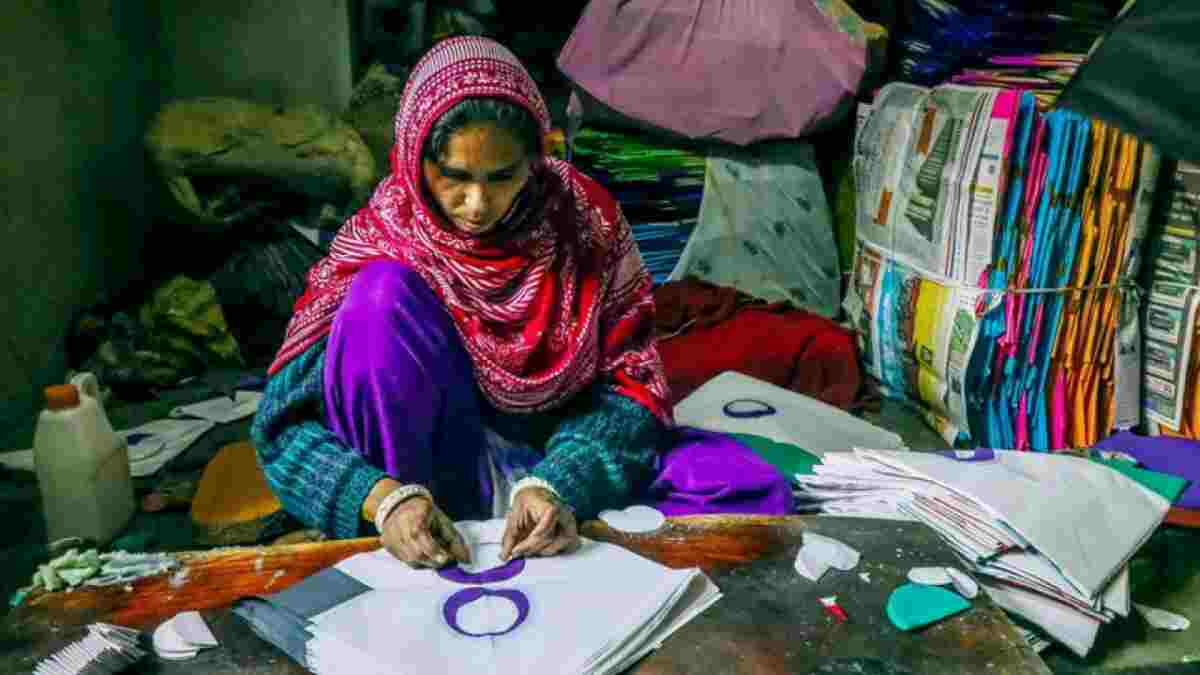Misplaced priorities?

Micro Small and Medium Enterprise (MSME) has been one of the worst affected sectors amid the pandemic. The sector has been ailing over the past few years persistently. The most severe and recent blow has been the staggering rise in fuel prices. Fuel price hike, by its very nature, has a multiplier impact on inflation. MSMEs are affected by the hikes in two ways — the cost of the raw materials rises and increased transportation costs directly adds to their burden. The government is visibly making efforts to address the concerns of the ailing sector. Quite recently the Finance Minister Nirmala Sitharaman extended the limit under emergency credit guarantee scheme for MSMEs. The potential positive impact of the government measures gets eclipsed by its own policies related to high excise and customs duty. If the government really wants to bring the sector out of distress, it will have to remove the anomaly in one way or the other. The need to keep the crucial sector in good shape cannot be emphasized more at this juncture. The sector has several linkages that would feel the ripple as it continues to struggle. The first linkage is with employment. Small businesses employ around 85 per cent of India's working population. The second linkage is that of rural development. A major proportion of MSMEs is functional in the villages of India. Both unemployment and rural distress are burning issues at the present time that cannot be left to linger. One of the adverse impacts on MSMEs in rural India is that the consumption will go down as an aftereffect of inflation — setting in the cycle of negative growth. The other could be closure of the smaller businesses altogether. This pushes the pursuit of rural development on a regressive trend. Of course, the fuel price hike is not the only reason behind the woes of the sector; there are a host of other reasons as well. But the fuel price hike is a significant reason. The Confederation of Indian Industry has assessed that rise in fuel prices could increase the operation cost of MSMEs by 30 per cent. What is even more important is the market sentiment which, to a great extent, depends on government policies and approaches. While the government has all throughout emphasized the bolstering of MSME sector, it has failed to recognize fuel price hike as one of the contributing factors. The finance minister has even discredited the argument that the fuel price hike is having a significant impact on the Consumer Price Inflation-combined. She said that the fuel price rise has just 2.52 per cent weightage in the CPI-combined. On the contrary, the Reserve Bank of India and the State Bank of India have cited the inflationary impact of fuel price hikes in the past. It may be inferred that the government is showing no signs to change its policy on excise and customs duty. This may disincentivize setting up of new MSMEs and reduce the scale of operation or even result in closure of units. It is contradictory that the government expects more investment in this scenario. The focus seems to be on collecting more revenues to set the tenets of the economy on a firm footing. In the data submitted in Lok Sabha on Monday, the government disclosed that it has collected Rs 1.01 lakh crore from excise duty in the April-June period. This is against the 2.41 lakh crore of direct tax collection. Overall, in the year 2020-2021, the government has collected 3.89 lakh crore from excise duty and 1.3 lakh crore from customs duty. This is almost double the respective collection in the previous financial year. In fact, the BJP government has been banking on these revenue sources right since its first term began in 2014. As per the data from the Ministry of Petroleum and Natural gas, the Central taxes on petrol has increased 250 per cent since 2014 and that of diesel has increased by 800 per cent. While increased revenue may be used to build infrastructure and ensure public welfare, revenue generation should not negatively impact the spot that matters the most. A tree can't be expected to grow as a result of watering if its roots are severed. In this tough time, the government must consider diversifying its revenue sources, particularly exploring the corporate tax regime, to ease the burden on small businesses. Because indirect taxes make no distinction between the poor and the rich, the big and the small. It is the responsibility of the government to ease the disproportionate burden on the MSME sector — slashing indirect taxes on diesel and petrol could be one of the efficient ways.



